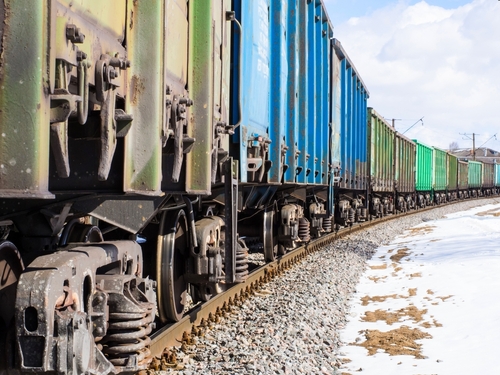
Last week, U.S. Sen. Tammy Baldwin (D-WI) introduced legislation to address the unreliable service and high costs of rail shipping that would get American products to American consumers more efficiently.
The Reliable Rail Service Act would clearly define the “common carrier obligation” for freight rail services and establish specific criteria for the STB to consider when determining if a rail carrier has violated its obligation. A provision of the 1980s Staggers Act, the common carrier obligation is a requirement that rail carriers serve the wider shipping public “on reasonable request.”
A report from the Transportation Research Board found that “the common carrier service obligation remains poorly defined” despite being more than 40 years old, and the failure to define it has contributed to insufficient rail services and exorbitant costs for American products to get to market, Baldwin’s office said.
“American farmers, producers, and manufacturers are paying sky-high prices for subpar rail service to get their goods to market, and consumers seeing the impact on their pocketbooks,” said Senator Baldwin. “In order to build a strong Made in America economy and also lower costs for consumers, we need to ensure our agriculture, energy, and manufacturing businesses have reliable rail service. My Reliable Rail Service Act will keep our Made in America economy moving forward.”
The legislation is supported by a wide array of business and labor organizations, including the American Farm Bureau Federation, the Freight Rail Customer Alliance, National Rural Electric Cooperative Association, Consumer Brands Association, National Industrial Transportation League, American Train Dispatchers Association (ATDA), International Brotherhood of Electrical Workers (IBEW), Transport Workers Union of America (TWU), and the AFL-CIO.
“For years, America’s freight railroads have shaped a freight rail network that cannot reasonably respond to the country’s supply chain challenges,” said Greg Regan, President, Transportation Trades Department of the AFL-CIO. “In some cases, they even created new challenges in the supply chain, such as when they cut 29% of the industry’s workforce in the last six years. Now, unreasonable service is a nationwide crisis for freight rail customers, including farmers, ranchers, manufacturers, and energy producers.”